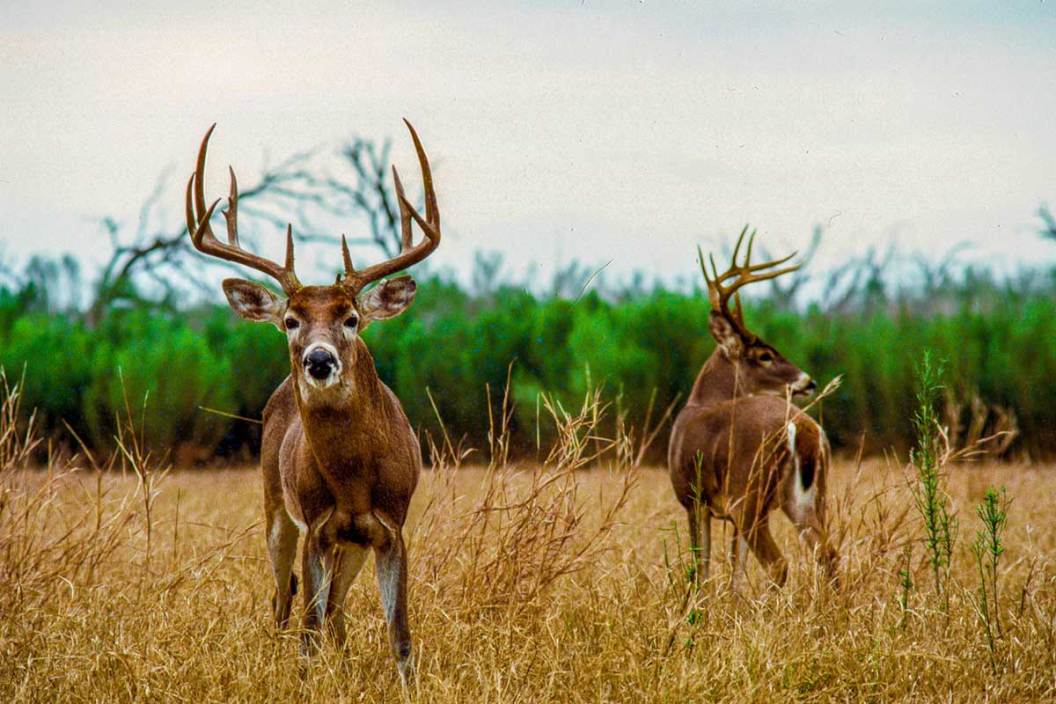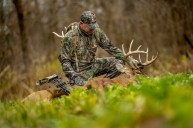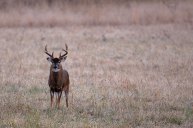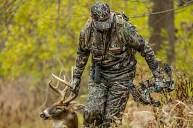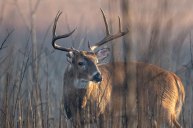Did you have a tough deer season last year? Review your failures and use the following questions to improve your odds next time around.
Nothing can be more rattling to a deer hunter's confidence than a tough season with minimal returns. We've all had them, and if you somehow have avoided them, don't worry. They are coming.
Deer hunters as a whole are terrible about sulking after a bad season and often attribute some uncontrollable factor to their lack of success. While most hunters would just try to forget the lackluster season and put it behind them, this is actually the last thing that you should do.
Success through change is usually found by our reflection of failures. While it may be easy to just forget a bad hunting season and return to a blank drawing board, I would encourage hunters to do a deep dive into why they weren't successful.
You just might find something that turns it around for next season.
Most hunters would be surprised that their lack of success was due to some self-limiting factor. I will concede that things like weather elements, herd behavior, and increased hunting pressure will affect your hunting negatively, but this is no reason to leave any blame away from yourself.
Here are a few questions to ask yourself at the end of a tough season.
Were My Standards Appropriate?
Many new hunters (or wishful hunters) hunt spots expecting to see a caliber of buck that just doesn't exist in that area. Outdoor television has contributed to this issue for years.
I will admit that big deer can come from anywhere, but the question is how often does it occur? For example, you can't hunt in the rugged, remote Ozarks and hold out for a 170-class, 280-pound buck. That kind of deer is more commonly found in the vast agriculture fields of the Midwest and is a statistical anomaly in the Ozarks.
In my opinion, a trophy should be measured against the area from which it was harvested. This could range from a 120-class buck in the Ozarks, to a 170-class buck in the Midwest, or maybe even just a racked buck on the most pressured public hunting spot in the country. It is all relative.
Address this question by asking around and doing research to find out what a good representative buck for the area is. You might find out that the opportunity was there, but you didn't take it while holding out for a monster.
Did I Adapt to Change?
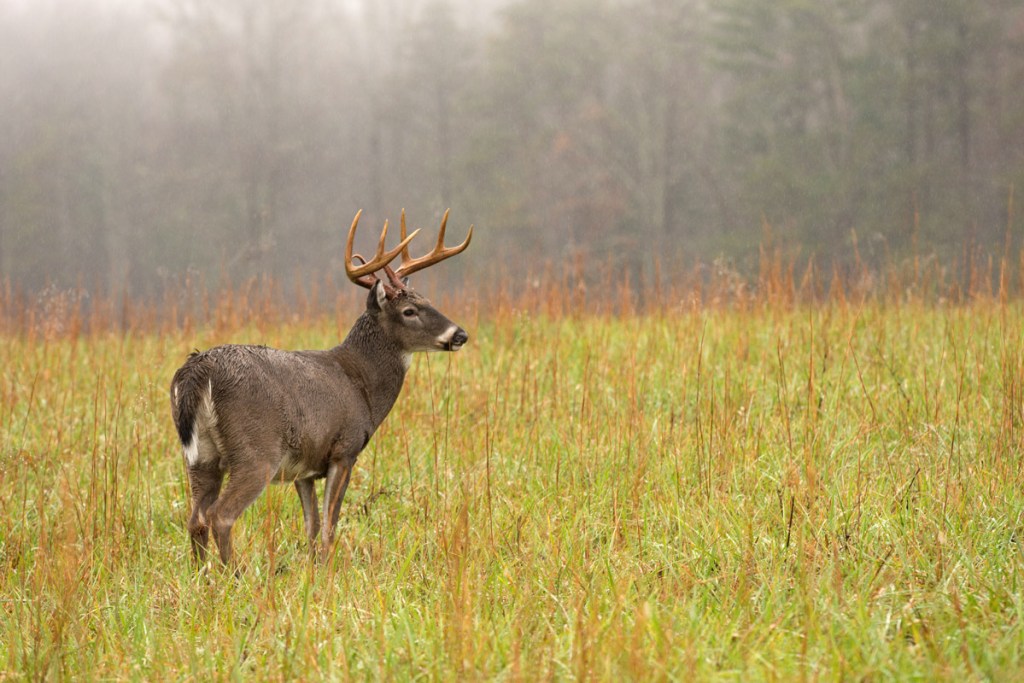
Getty: EEI_Tony
Most hunters notice that every season is different. What was good last year might not necessarily be good this year, and it could even be downright bad. This can be attributed to changes in weather patterns, mast crop production, hunting pressure, or shifting deer herd demographics.
Granted there are some spots that are good year after year, but waiting around in your "favorite" treestand all season hoping things will change will often leave you empty handed at season's end.
In order to stay in the game, try sprinkling in some in-season scouting trips in place of some hunts. Find out where the food is, pay attention to where you jump bedded deer, and always be on the lookout for the freshest sign. Taking in the most recent information and applying it could very well put you in the right tree on the next hunt.
Did I Let a Lack of Preparation Ruin My Hunt?
Nothing stings worse than missing a chance to harvest a deer because of some silly self-inflicted mistake.
Being an efficient hunter is all about preparation and practice. Adequate preparation for a hunting season or even a specific hunt is often the difference between putting a deer in the back of the truck or going home with nothing but tag soup.
Having the perfect location picked out to hunt does you no good if your hunt preparation is inadequate. Did you shoot your weapon enough in the offseason to prepare for this moment? Did you make sure that your equipment is quiet and reliable in the moment of truth? Did you trim shooting lanes around your stand to make sure you had a clear projectile path? You have to put in the work on the front end to avoid regret on the back end.
Did My Level of Physical Fitness Hold Me Back?
This question is more relevant to some hunters' style than others, but every hunter needs to take physical fitness into consideration when wanting to become a more successful hunter.
When hunting public land or highly pressured areas, you have to push yourself further and harder than the other hunters to get to deer. If you aren't in at least decent shape, you won't get to the places you need to go and therefore be limited on opportunities.
You don't have to be in marathon shape by any means, but if your hunting style calls for more physical exertion, you have to have a good cardiovascular foundation. A few days in the gym a week and some low- to moderate-intensity cardio sessions could not only help your hunting, but contribute to a healthier lifestyle overall. Being in better shape just makes hunting easier, from the walk into to the pack out.
Lessons Learned
Self reflection leads to growth. We all have bad seasons, they are unavoidable. Forgetting it isn't the answer, reviewing it and understanding why you failed is important.
Some of my best hunting seasons have come immediately after a bad one. You might do a complete review and realize that you were way off of the mark all year and need to start with a blank slate next year. You might also realize that you were inches away from having your best season yet, and minimal tweaking is all you need.
Either way, you won't know until you ask yourself these questions. Use the misfortunes of the past to have stellar seasons in the future!
